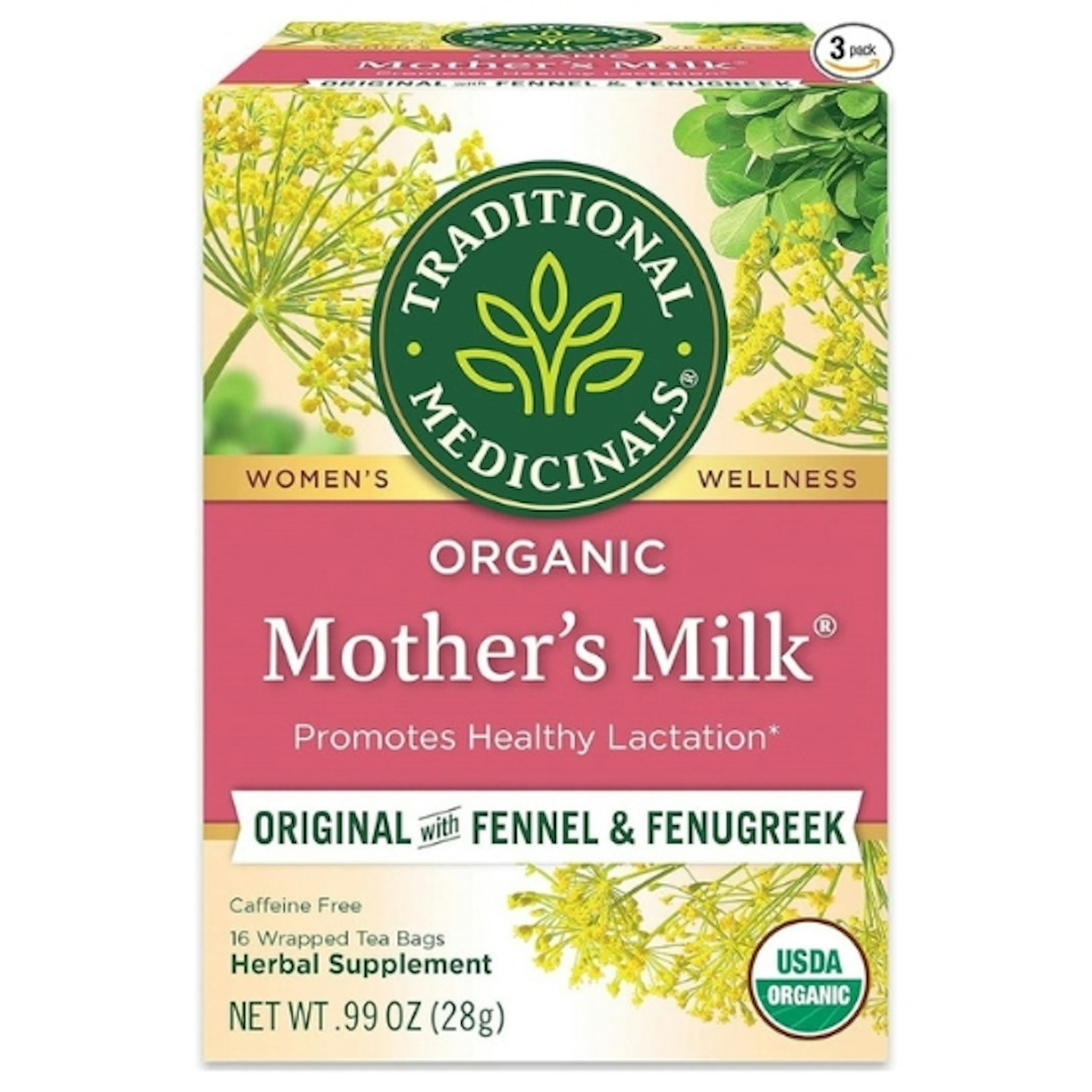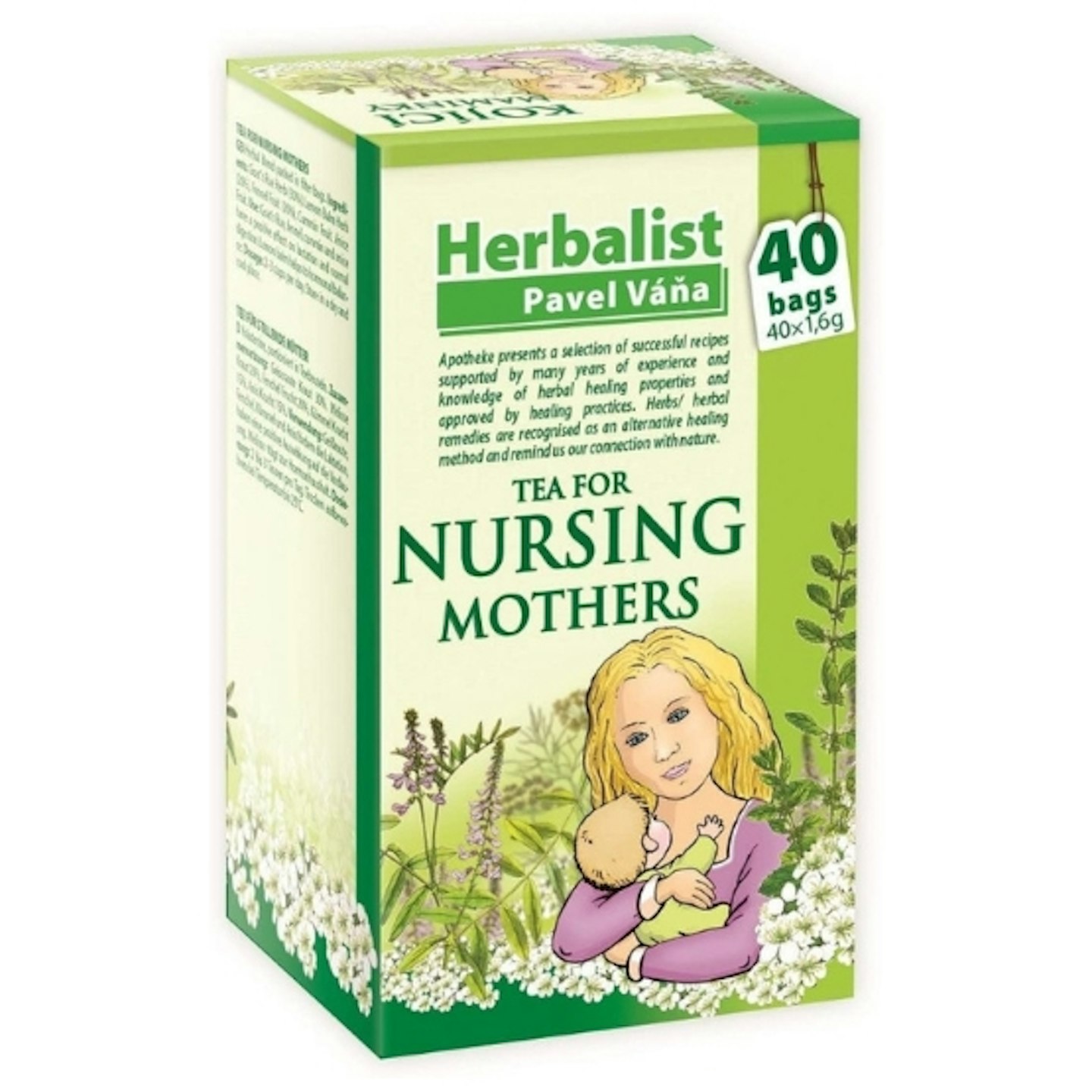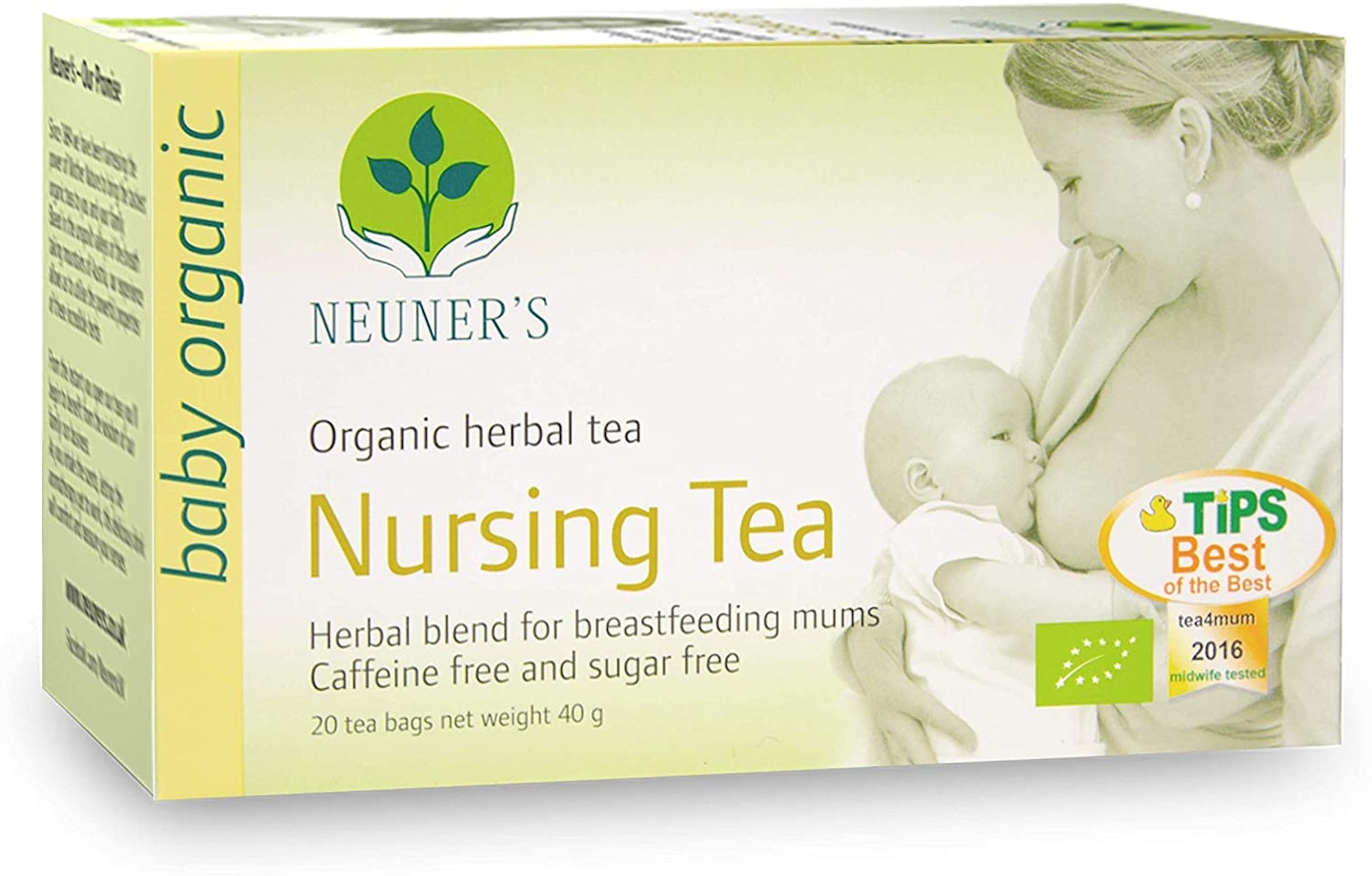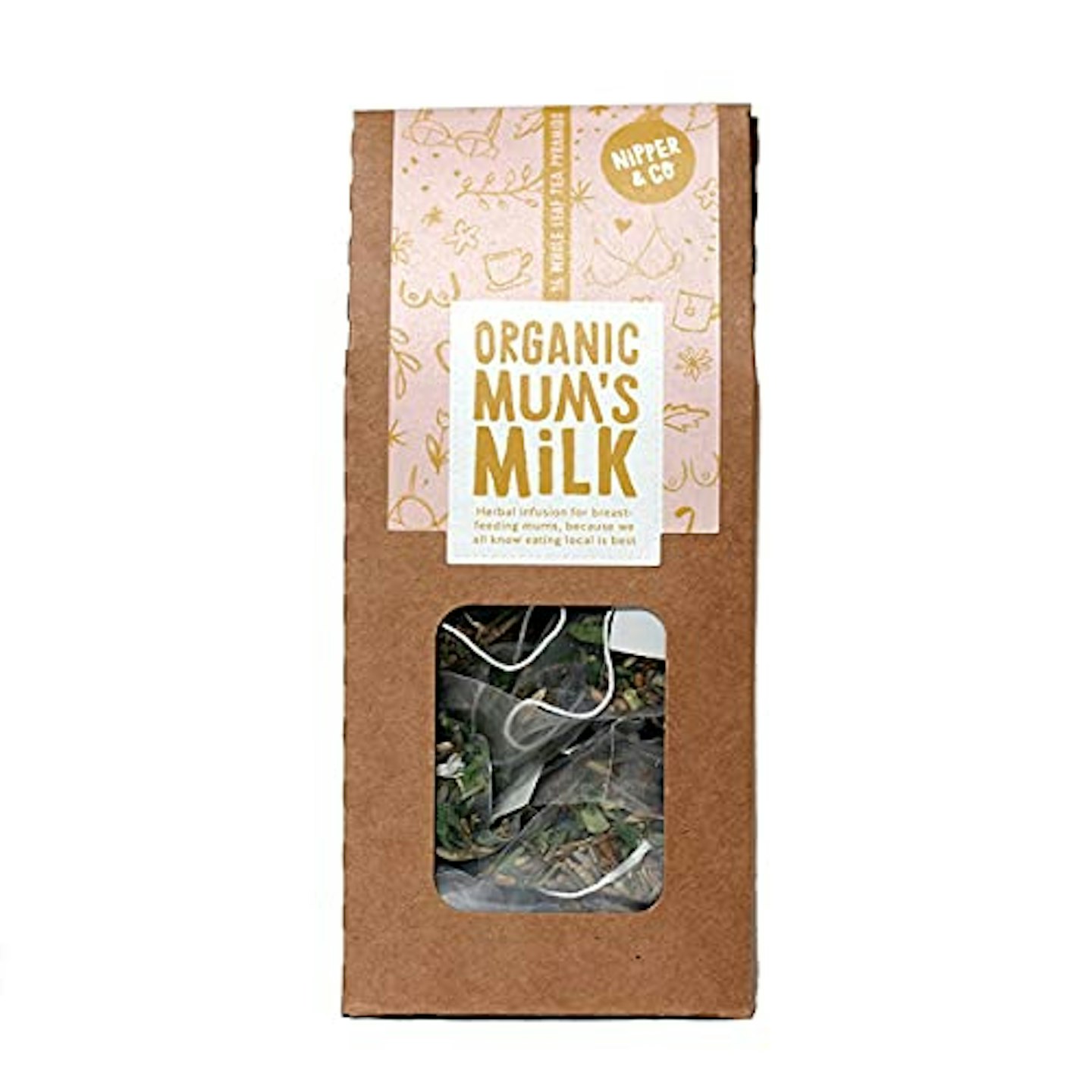If you’re a breastfeeding mum, you’ll have probably experienced the worry of whether or not you’re producing enough milk for your growing baby. With all this pressure put on us mums to provide enough milk, it’s no surprise there are several products on the market claiming to help boost our milk supply. One of the most popular products amongst breastfeeding mums is breastfeeding tea, or lactation tea as it’s sometimes called.
As with everything we put in our body when breastfeeding, it’s important to consider if it’s safe, how it works, what’s in it and if it even works to boost our milk supply.
Read more: Foods to avoid when breastfeeding
What is breastfeeding tea?
This special kind of tea is a form of herbal tea marketed as a supplement to help boost your breast milk production. Many breastfeeding women swap their usual cup of tea with a nursing tea, with many mums enjoying three to five cups per day.
It usually comes in tea bags or as loose-leaf tea and is always caffeine-free. The tea leaves usually contain ingredients, including high-quality fenugreek seeds, fennel seeds and blessed thistle, to name a few. These ingredients are often referred to as the galactagogues herbs. which in Greek translates to ‘bringer of milk’, and they have been used for centuries to help support the milk supply for breastfeeding mums.
Does it work?
The scientific evidence isn’t all that conclusive, and while some mums swear by it, the jury is still out on whether breastfeeding tea will improve a nursing mother’s milk flow.
Either way, getting more fluids into your system is a positive thing when breastfeeding (it can be very thirsty work!), and if a nice, warming cup of tea can help you relax as a new mum, then we think it’s a good thing!
Is breastfeeding tea safe to drink?
As with any herbal remedy or supplement, it’s always important to talk to your GP first before you start taking it, especially if you think you’re having problems with your breast milk supply, as something else could be causing this issue.
Best caffeine free herbal tea

One mum reviewer said: 'It's not the nicest tea but it works, my milk supply was low and I'd bought every supplement, ate all the foods recommended online to increase my milk production and nothing worked. This was my last thing to try before I packed in breastfeeding and I'm thrilled it's worked - my daughter is 7 weeks old, I have medical problems I never had with my other 2 and they were exclusively breastfed, I've had to mix feed my daughter - within 12 hours of drinking the first cup, my breasts were filling up with milk! It's been a few days of drinking 2-4 cups a day and I'm now almost exclusively feeding via breast - it's expensive but worth it!!'
Best organic breastfeeding tea
One mum reviewer said: 'They actually work. I'm not a big fan of hot drinks so although it advised two to three cups a day, I was only having one a day and saw an increase immediately. Recently I've upped it to two bags a day and have managed to double the amount of expressed milk. I admit they are more costly than the other brands but the taste is much nicer in my opinion, they're not overpowering like a lot of herbal teas, just a mild liquorice taste. The quality and packaging is brilliant and the handwritten note and midwife advice was a nice touch, very quick delivery and I would definitely recommend them, I've already stocked up.'
Recommended breastfeeding tea

One mum reviewer said: 'I started drinking this tea when my baby was 3 months old as I noticed a decrease in my milk production and after I started drinking this tea it really did help me, I always take 2 a day, I drink one first thing in the morning before breakfast and another one in the evening. It has also helped with my digestion, and I feel it’s helped me lose weight too! Now, it’s been 4 months of drinking this tea, and I continue ordering and still continue to exclusively breastfeed my 7-month baby girl.
The only downside, I would say, is that the quality of the tea bags is a bit poor, so sometimes you do end up with some herbs in your mouth, but it’s not like it’s going to cause you any harm anyway. I also think the taste is good.'
Bespoke fine teas
One mum reviewer said: 'I bought these to improve lactation, and it worked within the week, and I was able to collect milk for the freezer in addition to her normal feeds. I've tried a couple of different brands, and these are by far the best quality ingredients, and the same bag can be reused a few times so you can stretch the cost as they are pricey - other brands don't work as well on a second/third brew. A nice bonus is that my baby's reflux calmed down massively after drinking, so the ingredients must be good for her tummy and she sleeps soundly all night at 10 weeks old, which she couldn't do before with obvious tummy pains. It's made a huge improvement to the amount of milk she brings up and her quality of sleep, so for that reason alone, I'll keep buying and recommending.'
Best sugar free breastfeeding tea

www.ocado.com
One mum reviewer says: 'I drank this in the early days then stopped as I had an oversupply. However, my supply was getting lower, and with only one cup of this tea, I pumped so much more milk than I usually do!'
One mum reviewer said: 'I've tried various supplements for milk production (lactation cookies, fenugreek tablets, brewers yeast, etc), but this is the thing that seemed to actually make a difference. I pumped significantly larger amounts of milk since starting 2 cups per day. I thought I'd hate the taste, but taking it cold really helps, and I find it a refreshing drink like that. Worth a try.'



